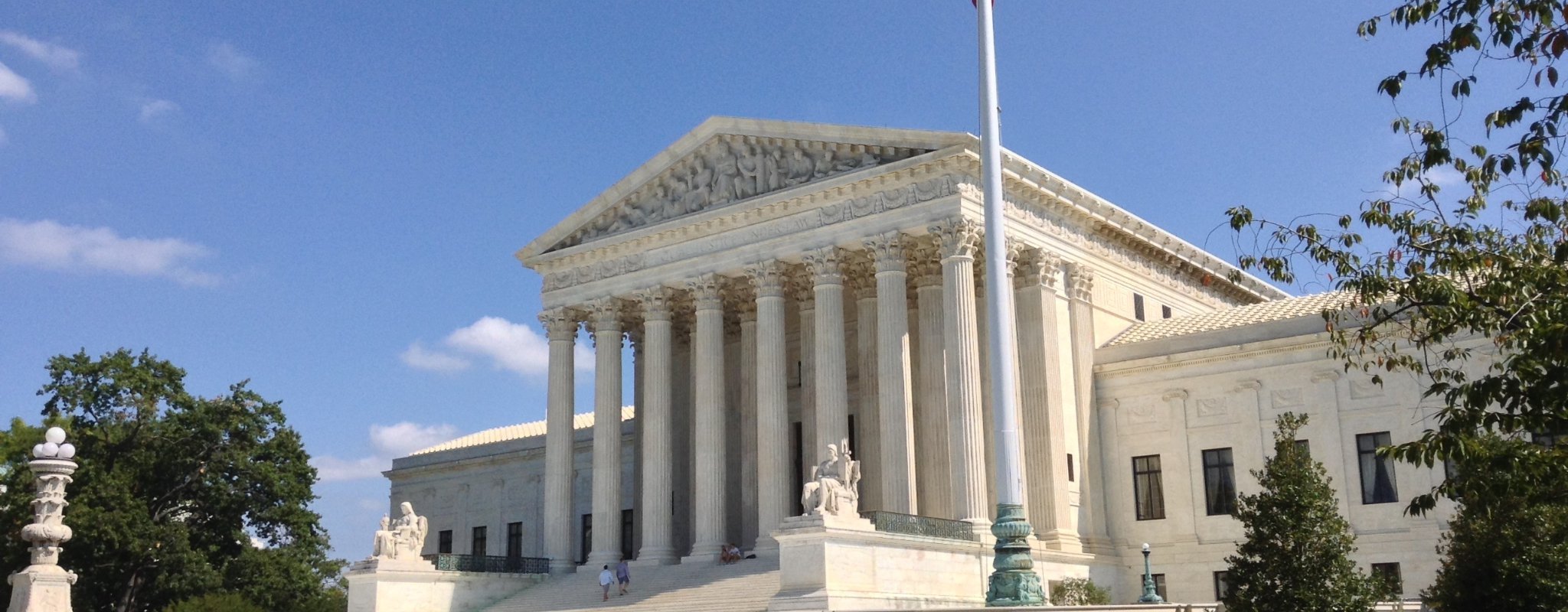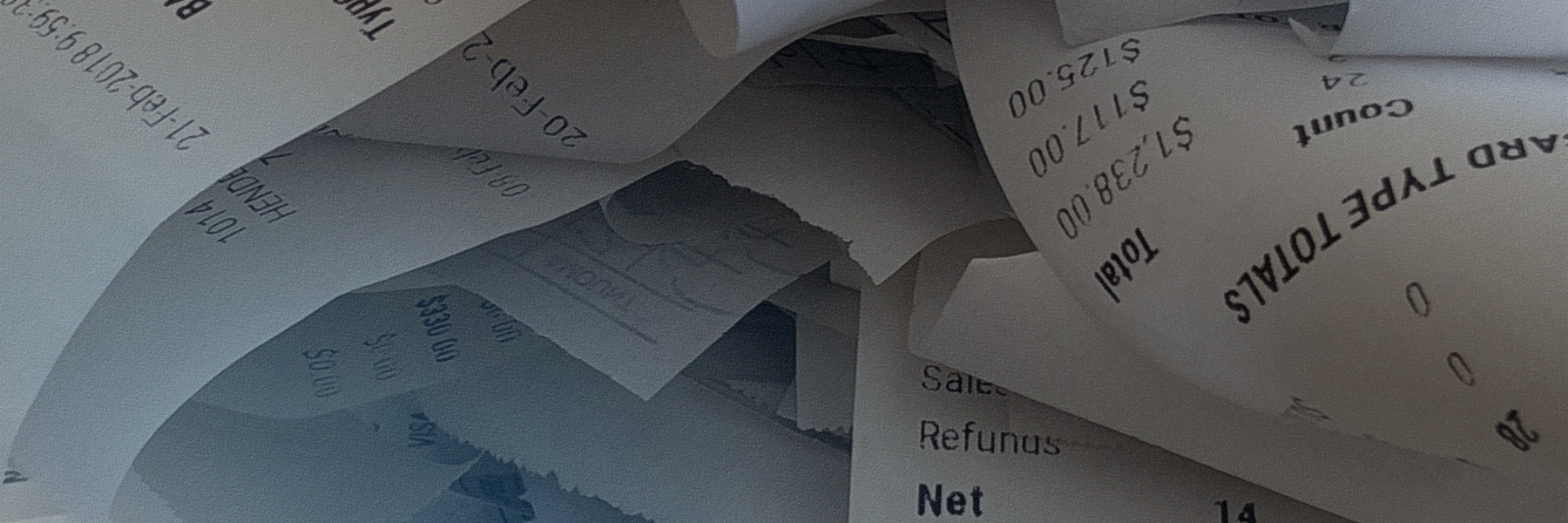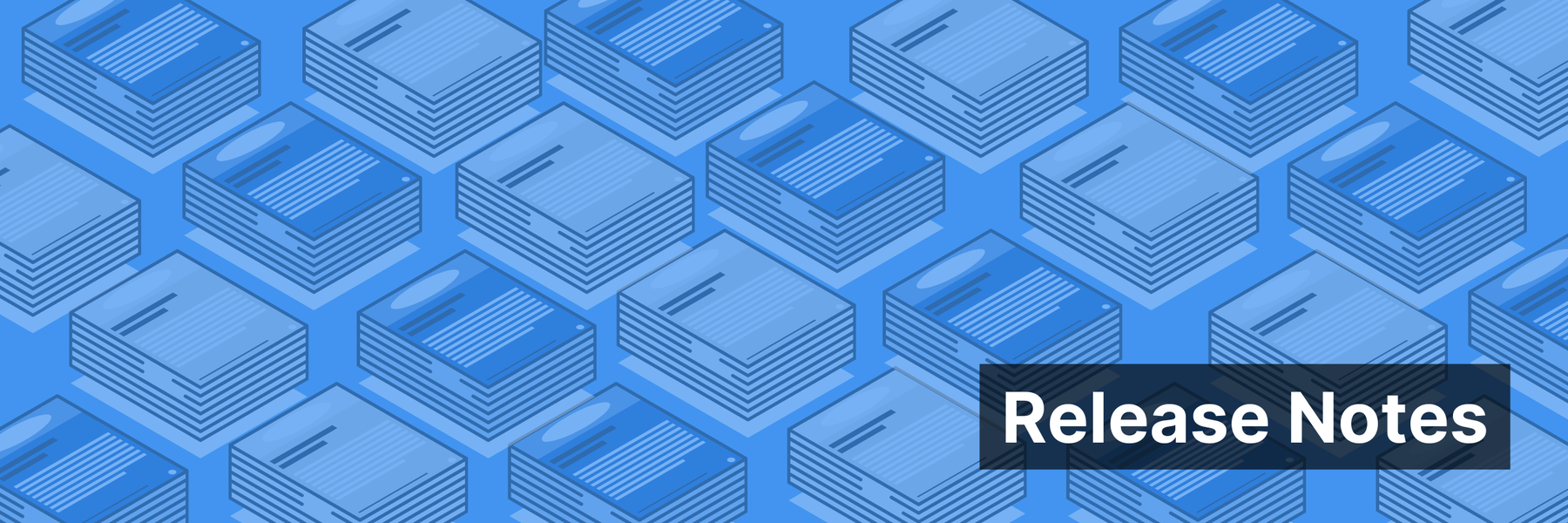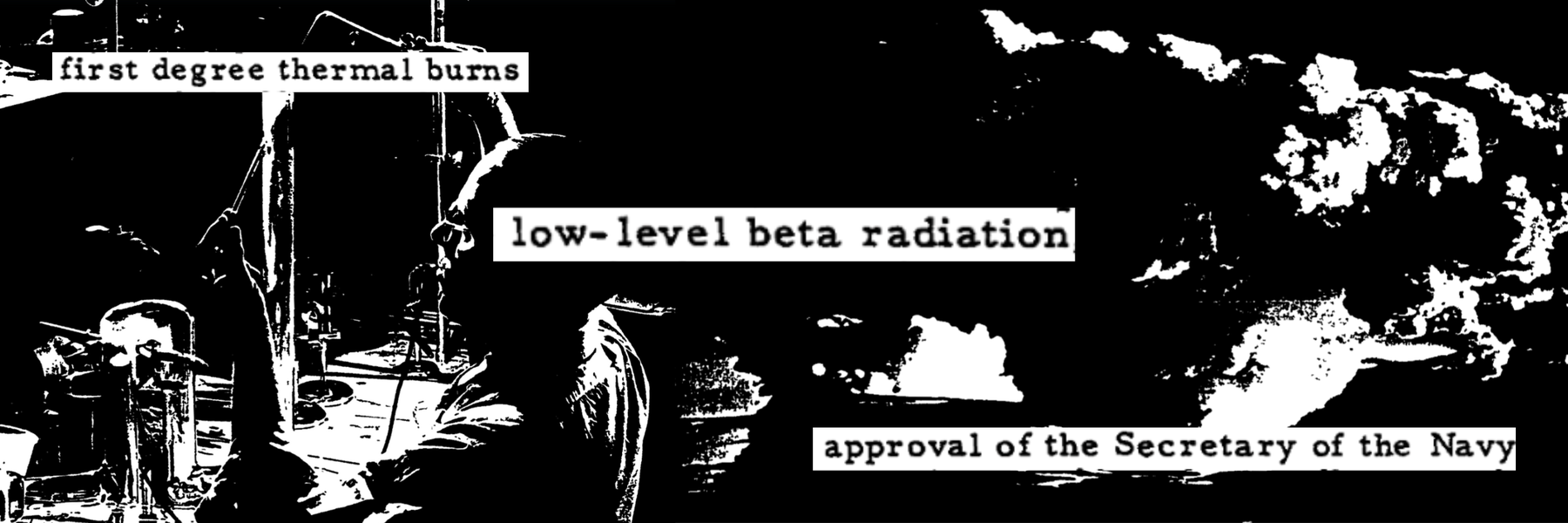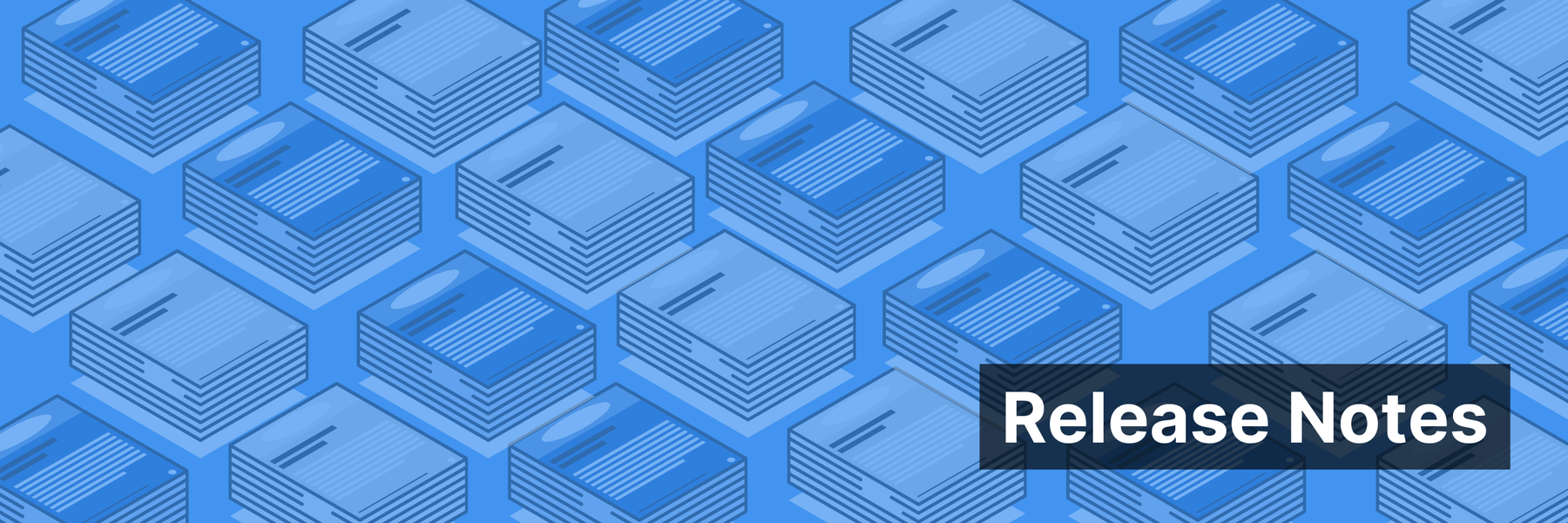Carla Minet, founder and executive director for Puerto Rico’s Centro de Periodismo Investigativo (CPI), and Carlos Ramos-Hernandez, a public interest attorney at CPI, recently joined us to share how they used their Gateway Grant to publish and analyze tens of thousands of previously secret documents. The organization has worked to monitor the island’s Fiscal Oversight and Management Board, or Fiscal Control Board (FCB).
The FCB claims it is not subject to Puerto Rico’s constitutional right to access information. To make these critical records public, CPI is suing while proactively gathering records that are being released by local courts and various open data portals through the use of DocumentCloud’s Scraper Add-On, ensuring that over 20,000 documents already public stay permanently available and easily searchable by journalists, researchers and the public.
The unelected FCP is a product of PROMESA, the Puerto Rico Oversight, Management, and Economic Stability Act, a 2016 U.S. federal law that oversees the territory’s debt restructuring with a range of broad powers granted to the FCB. Seven of the eight members of the board are appointed by the President of the United States, with the governor serving as an eighth, ex-officio member.
Minet and Ramos-Hernandez explained the differences between how the public records process functions in a U.S. territory differs from how it functions in a U.S. state.
“Puerto Rico is a territory of the U.S., a colony basically. We have our own legal and government structure[s] and framework, but we also have the federal government operating [here],” Minet said.
Ramos-Hernandez, a 2021 Equal Justice Works Fellow, continued, “[If] you go after an agency and it denies a request, there’s no internal administrative appeal, so you go directly to court. You even go to a special section in the courts that is supposed to go faster.”
Depending on the court’s decision, you may get documents in as soon as a month.
“It’s not as fast as journalism would like, but compared to other states that operate only under sunshine laws, it can be faster and obviously compared to FOIA, it is a lot faster,” said Ramos-Hernandez. “In that sense, having a right recognized has created a sense in Puerto Rico in general, in the public and the citizens, that is very entitled to know how the government is operating.”
The Spanish-language news organization has made good use of DocumentCloud’s functionality to complete its work, including leveraging new bulk-upload tools MuckRock originally developed to help make documents from the CREST archive more accessible. CPI has used it to make uploading the previously secret FCB documents much easier.
CPI has also used several DocumentCloud Add-Ons to help analyze this trove of information
“Once we had this large set of documents, we knew that each one of them had a court filing date and a generation date for when these were reported,” explained Sanjin, MuckRock’s open source fellow who assisted with the project. “They were basically machine stamped at the top of each document in blue.” He continued, “We wanted a way to categorize these documents so that people could see… historically on any given day what documents were filed and when. So we created an Add-On that went through the documents and extracted that filing date and made it as a tag on DocumentCloud.”
Ramos-Hernandez highlighted the importance of using DocumentCloud for this kind of data extraction.
“You’re going to be able to cross-reference with the dates everything and see what did they say to the court, what did they say in public, and what they were saying internally,” he explained. “Eventually, when we have all the documents [collected] after the investigation available, people can make their own connections, not only the ones that our journalists from CPI were able to make.”
CPI is also using DocumentCloud’s Scraper Add-On to continue monitoring the activities of the board, known in Puerto Rico as “la junta”, to make it easier for residents to know how their government is functioning. The efforts have not gone unnoticed by the courts.
Sanjin pointed out that after the Scraper carried out its initial export of the court’s website, it implemented a CAPTCHA puzzle to solve before a document could be downloaded.
CPI is currently awaiting a Supreme Court decision that would secure the acquisition of more documents and emails from the FCB.
“If we win in the Supreme Court, we will the next day make public this project, saying [it] will be the home for the documents they now have to hand in,” Minet said. “If we lose then we will say whatever they are trying to hide, this is the one-stop place to get all that is available until today about the control board.”
They are working on making sure that a richer interface to explore the documents can be launched once that Supreme Court decision is reached.
Aside from the Gateway Grant, Minet shared CPI’s long history with DocumentCloud.
“DocumentCloud and MuckRock support to CPI during the investigation regarding the deaths after Hurricane Maria was instrumental,” said Minet. “DocumentCloud helped us upload all the death certificates of the deceased and analyze those documents. That was part of the verification process for the whole investigation and [an] integral part of [it].”
DocumentCloud’s Transcribe Audio Add-On was used to generate transcripts of both the raw audio and video recordings of the event. A lightly-edited version of the video is available to view on MuckRock’s YouTube channel.
Header image by Jonathan Satriale and licensed under CC BY-ND 2.0
